


113 Posts
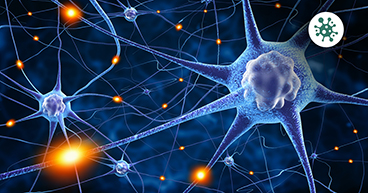
June 22, 2017
How does cancer do that? Cancer cells often send the wrong signalsIn the search for better treatments and prevention strategies, scientists are learning more about how cancer grows and survives, even in the most hostile environments. This blog is an installment in an occasional series called “How does cancer do that?” designed to shine a spotlight on newly discovered cancer behaviors that add to our growing understanding.
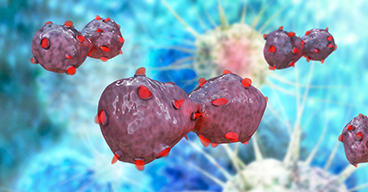
June 8, 2017
Study: Bad cell copies lead to most cancersA new study by researchers at Johns Hopkins University School of Medicine concludes that replication errors in that process may be responsible for more than 60 percent of all cancers.

April 6, 2017
The dangers of fake medical newsIn today’s busy news environment—with its 24-hour story cycles, social media platforms and flood of information—phony medical news spreads like a flu virus.
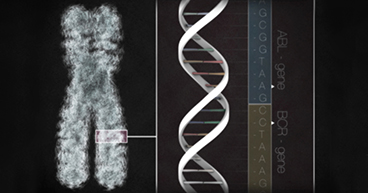
March 14, 2017
Genetic tests may be helpful, but understand their limitationsWhen it comes to managing the cancer risks you’re born with, you may gain new insights with the help of a blood test.

March 9, 2017
8 healthy habits for better sleepWhen you don’t get enough sleep, you’re more prone to excessive fatigue and a decrease in cognitive function, especially relating to memory.
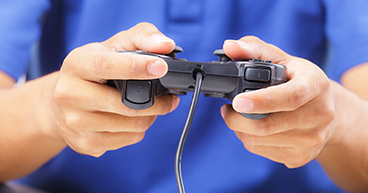
February 14, 2017
Can playing video games help cancer patients?For cancer patients who have trouble focusing on certain tasks or remembering what they were looking for in the kitchen, for example, playing video games may exercise their brain and help them combat confusion, memory loss and other treatment-related side effects.
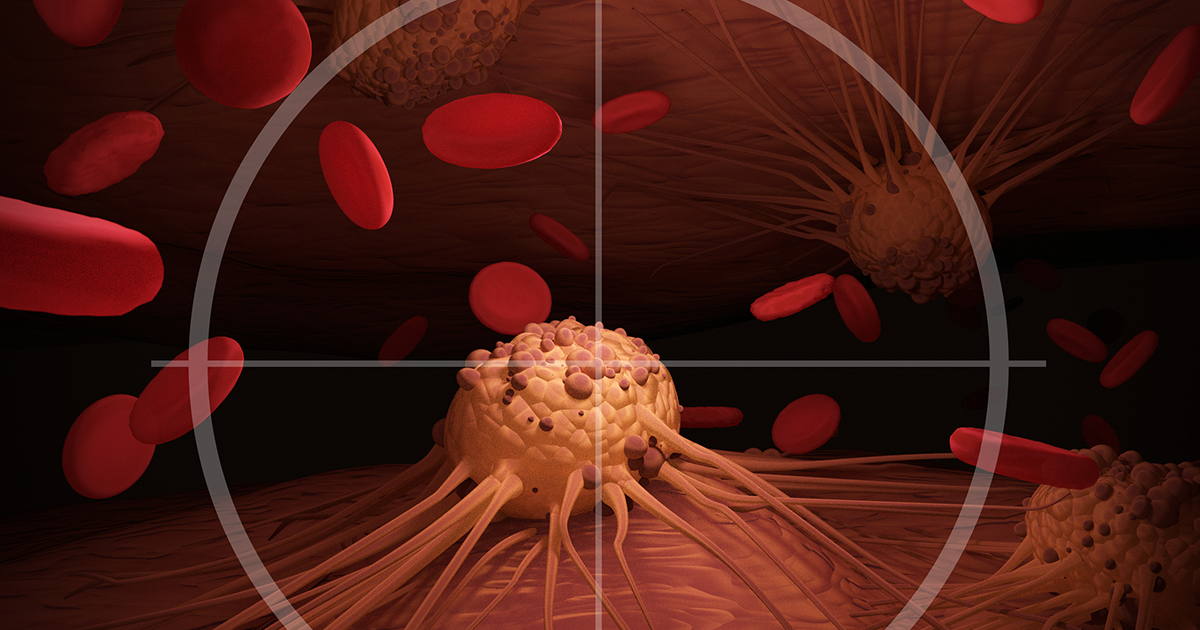
December 27, 2016
Trial studies immunotherapy drug designed to trigger cascading immune responseResearchers have launched a study on an immunotherapy drug that may add a new tool to the immune system's arsenal against cancer.
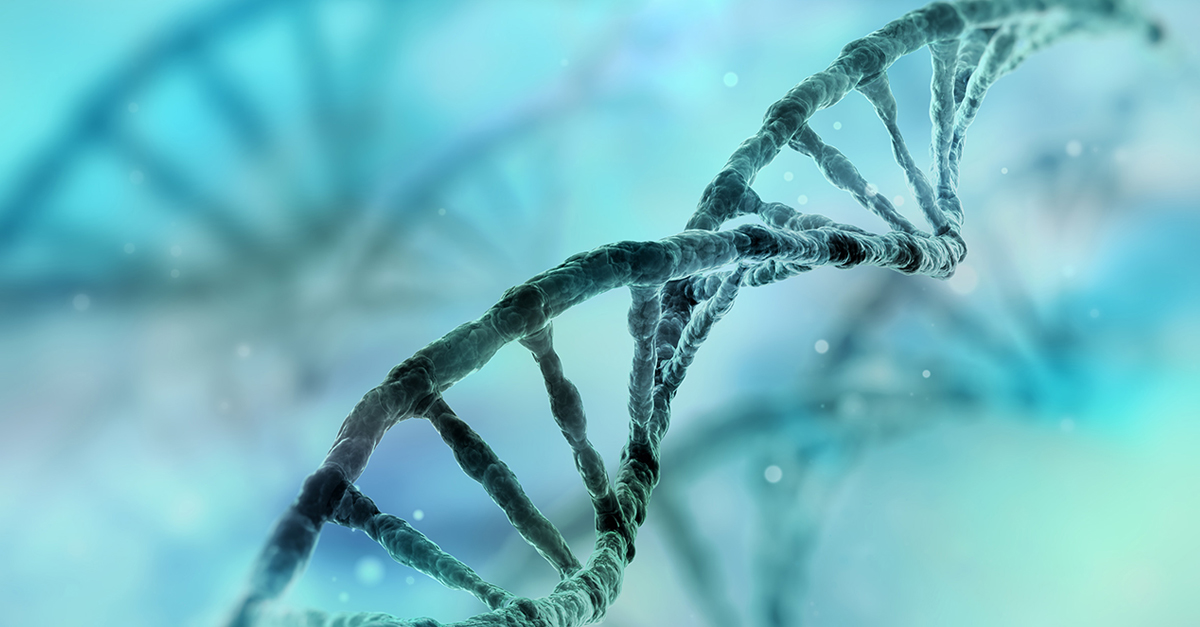
December 20, 2016
TAPUR trial targets individual cancers with treatments outside of FDA-approved indicationsResearchers have launched a new study designed to broaden access to drugs for some patients with advanced cancers and to collect and share data on individual responses to drugs that have not yet been approved for their specific cancer types.
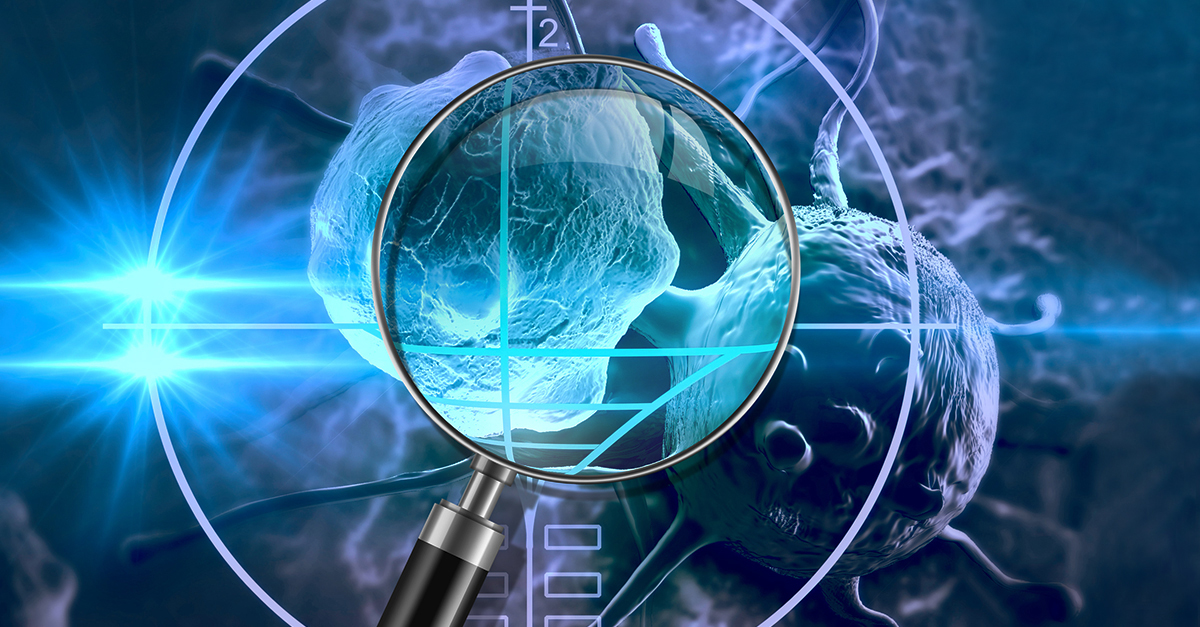
December 1, 2016
How does cancer do that? Attacking cancer cells where they hideIn the search for better treatments and prevention strategies, scientists are learning more about how cancer grows and survives, even in the most hostile environments.
Guidelines
The information contained in this blog is not intended nor implied to be a substitute for professional medical advice. Always seek the advice of your physician or other qualified health provider prior to starting any new treatment or with any questions you may have regarding a medical condition. Nothing contained in the blog is intended to be used for medical diagnosis or treatment of any illness, condition or disease.